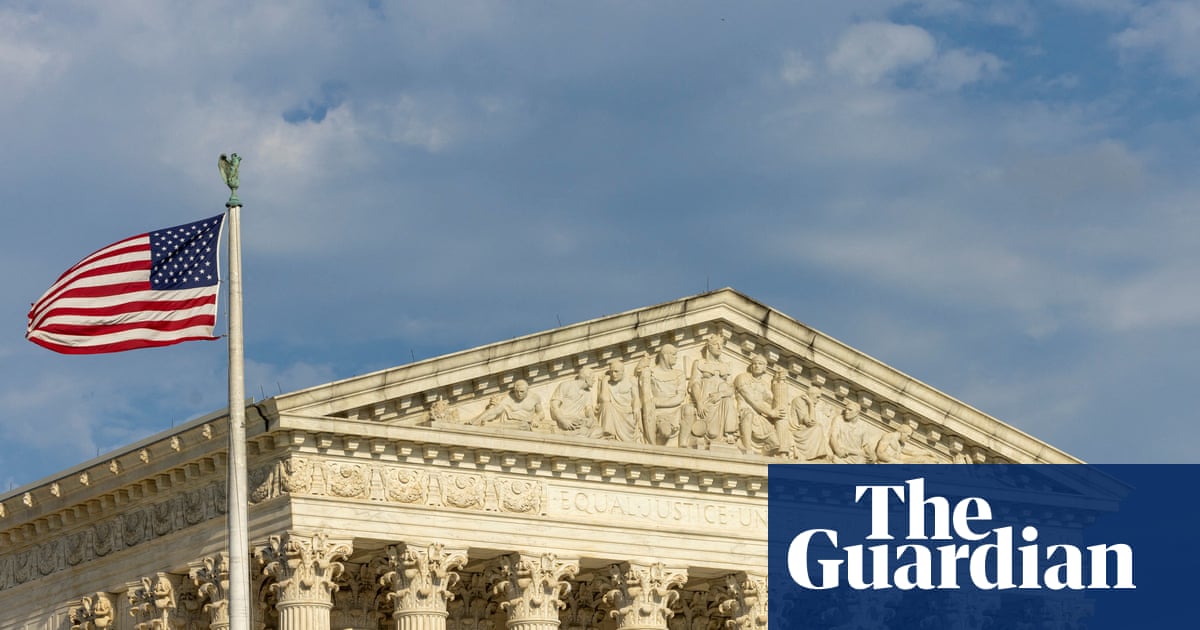U.S. Supreme Court Halts Deportations of Venezuelan Men Amid Legal Challenges

In a significant legal intervention, the United States Supreme Court has issued a temporary order prohibiting the Trump administration from proceeding with the deportation of Venezuelan men currently in immigration custody. This decision comes after the detainees' attorneys raised urgent concerns about the imminent risk of removal without the necessary judicial review, a right the justices have previously mandated.
In their ruling, delivered early Saturday, the justices stated, The government is directed not to remove any member of the putative class of detainees from the United States until further order of this court. This judicial action represents a critical check on the administrations immigration policies, which have faced increasing scrutiny and legal challenges, particularly regarding deportations that may have occurred without due process.
The case gained urgency following an emergency court filing on Friday by the American Civil Liberties Union (ACLU). Their lawyers reported that numerous Venezuelan men detained at the Bluebonnet detention center in Texas received notices labeling them as members of the Tren de Aragua gang. This designation would expose them to deportation under the Alien Enemies Act (AEA). The ACLU reported that these men were warned that their deportations were imminent, possibly occurring within hours.
These alarming assertions from the ACLU indicate a broader pattern of accusations against Venezuelan detainees, as several were identified as potential gang members, which significantly escalates their risk of deportation. The organization stressed that some individuals had already been loaded onto buses, highlighting the pressing need for judicial oversight before any deportations could take place.
To further their legal efforts, the ACLU has already launched a lawsuit aimed at blocking the deportation of two Venezuelans detained at Bluebonnet. The organization is requesting an order from the court to prevent any removals of immigrants in the area under the AEA until a fair process is guaranteed for them to contest their deportations.
While the Supreme Court has permitted some deportations under the AEA in the past, those rulings stipulated that affected individuals must be given an opportunity to present their cases in court, alongside a reasonable timeframe to contest any removal orders. This principle is critical in ensuring that deportations are not carried out arbitrarily.
In a related context, federal judges across various states, including Colorado, New York, and southern Texas, have similarly issued orders to halt deportations under the AEA until the administration establishes a formal process for detainees to assert their legal claims. However, no such order exists concerning the Bluebonnet area, located just 24 miles north of Abilene, Texas.
Recently, District Judge James Wesley Hendrix declined the ACLUs request to prevent the deportation of the two Venezuelans identified in their lawsuit. This decision was based on immigration officials providing sworn declarations that they would not be deported immediately. However, the ACLU's latest filing included statements from three separate immigration attorneys affirming that their clients had received notices indicating they were members of the Tren de Aragua gang and could be deported as soon as Saturday.
One attorney, Karene Brown, revealed that her client, who only spoke Spanish, was coerced into signing documents in English, with immigration officials asserting that these were orders from the president and that deportation would proceed regardless of his consent. This raises significant concerns about the fairness and legality of the process being employed.
With no immediate response from Judge Hendrix to their requests, the ACLU escalated their efforts by appealing to District Judge James Boasberg in Washington, seeking an emergency order to stop the deportations amid reports that detainees were being transported on buses.
The documents issued by immigration officials included a Notice and Warrant of Apprehension and Removal under the Alien Enemies Act, stating that the recipients had been classified as members of the Tren de Aragua gang and labeled as alien enemies subject to immediate removal from the U.S.
Prior to the Supreme Court's decision, Representative Pramila Jayapal, a Democrat from Washington state, publicly condemned the administrations alleged plans to deport the Venezuelan men. She took to social media to declare, We cannot stand by, criticizing the administration for its approach in continuing to disappear people, and highlighting the urgent need for accountability and humane treatment within the immigration system.




























